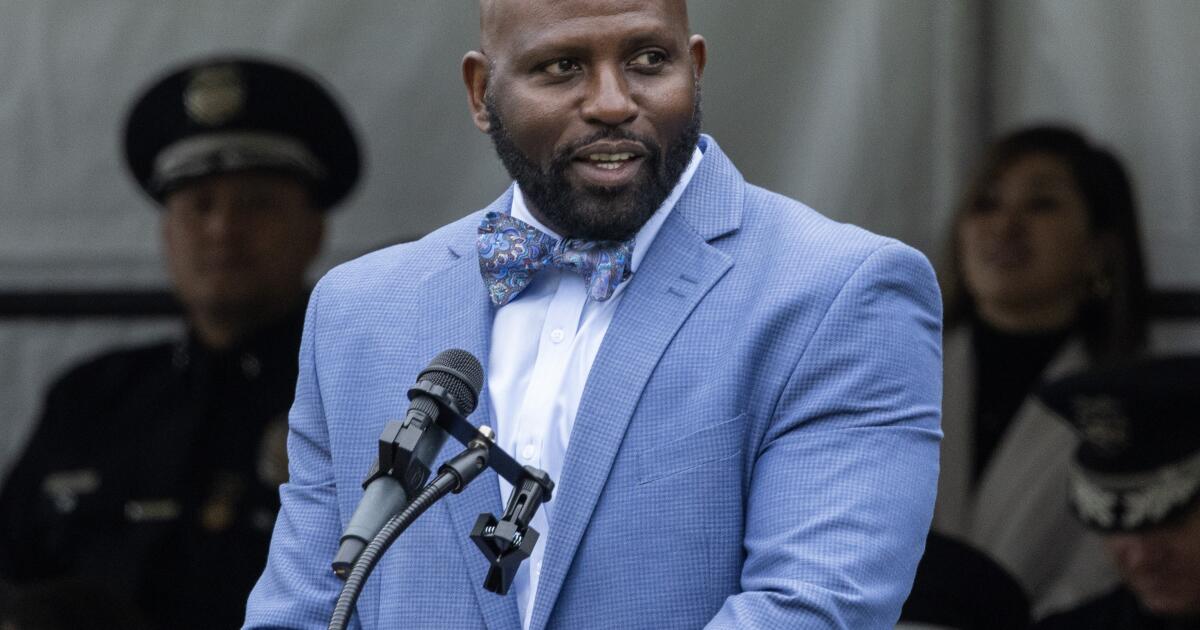In recent discussions, Culture Secretary Lisa Nandy emphasized the vital role of the BBC in providing unbiased and comprehensive coverage of the ongoing situation in Gaza. Her remarks were particularly salient given the backdrop of increasing scrutiny on media outlets and their responsibilities in crisis reporting. By recognizing the BBC as one of the few broadcasters capable of effectively shedding light on Gaza, Nandy draws attention to the broader implications of credibility, trust, and editorial integrity within public service broadcasting.
Nandy’s comments were made during an appearance on Prospect’s Media Confidential podcast, where she highlighted significant editorial lapses—particularly the controversy surrounding a documentary pulled from the air due to its connection with Hamas. This incident raised questions about impartiality and the need for rigorous standards in journalism, especially when reporting on sensitive geopolitical issues. Nandy asserted, “Those failures erode trust in the BBC. They matter because, frankly, the BBC is one of the only institutions that is capable of shining a spotlight on what’s happening in Gaza and making sure that those voices are heard.”
The importance of maintaining high production and ethical standards in broadcasting cannot be overstated. According to Nandy, public trust hinges on the reliability of news coverage. If audiences cannot rely on institutional integrity, they risk retreating into echo chambers, where misinformation can proliferate without challenge. In her view, both the BBC’s historical role and future responsibility include not just holding itself accountable but also setting a benchmark for others in the media landscape.
She acknowledged that the BBC has faced significant challenges recently, particularly related to its editorial decisions and workplace culture. The fallout from the Huw Edwards scandal exemplified the urgency to enforce standards of conduct and professionalism. Nandy forewarned, “I won’t tolerate workplace standards the like of which we’ve seen,” encapsulating a commitment to transparency and accountability that she believes must be imperative for any public service broadcaster.
Looking ahead, the conversation also touches upon the BBC’s funding model, which has remained a contentious issue. With discussions ongoing about the renewal of the BBC charter, there are concerns surrounding the potential shift to a subscription-based funding mechanism. Nandy voiced her apprehension about any model that could lead to unequal access to information, stressing that universal access serves as a cornerstone of public broadcasting. “Moving to a subscription model, where some people can access the BBC and others can’t, I think is really problematic,” she stated.
This dialogue occurs within a critical juncture in media and public discourse. As the BBC makes strides to align itself with the Creative Industries Independent Standards Authority (CIISA), this initiative signifies a proactive approach aimed at restoring faith in media integrity. By emphasizing collective standards across broadcasting, Nandy advocates for a landscape where all media organizations share a commitment to ethical reporting and credibility.
Nandy’s approach underscores the essential role of public service broadcasting as a public good, especially in times of crisis. In a world increasingly awash with fragmented narratives and partisan media, institutions like the BBC bear the weighty responsibility of informing the public, not just with facts but within the complex milieu of geopolitical contexts. Her insistence on high editorial standards is not merely a call for accountability but also an invitation for renewed public engagement with the media.
As the situation in Gaza continues to evolve, the need for adept journalism becomes increasingly crucial. How narratives are shaped—and who gets to shape them—can have profound consequences on public understanding and policy-making. Lisa Nandy’s remarks serve as both a caution and a challenge: the media’s integrity is critical to a well-informed populace, and institutions must be vigilant in upholding standards that foster trust.
In conclusion, as we navigate tumultuous landscapes both at home and abroad, the contributions of public broadcasters like the BBC remain indispensable. Lisa Nandy’s discourse offers a necessary critique that elevates the conversation around media responsibility, integrity, and accessibility. Ensuring that high standards are maintained should be a collective aspiration, transcending partisan divides and galvanizing support for unbiased journalism. Ultimately, the public’s engagement with credible media institutions can influence not just perceptions but also the mechanisms of accountability that govern them.
Source link










